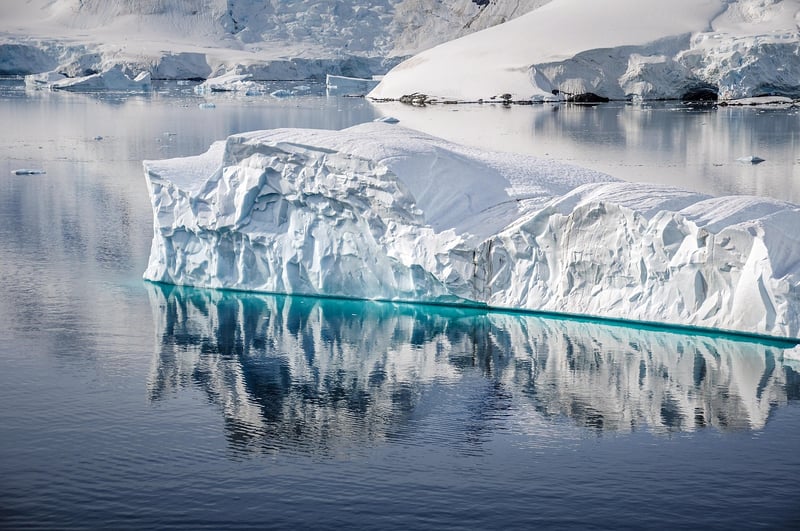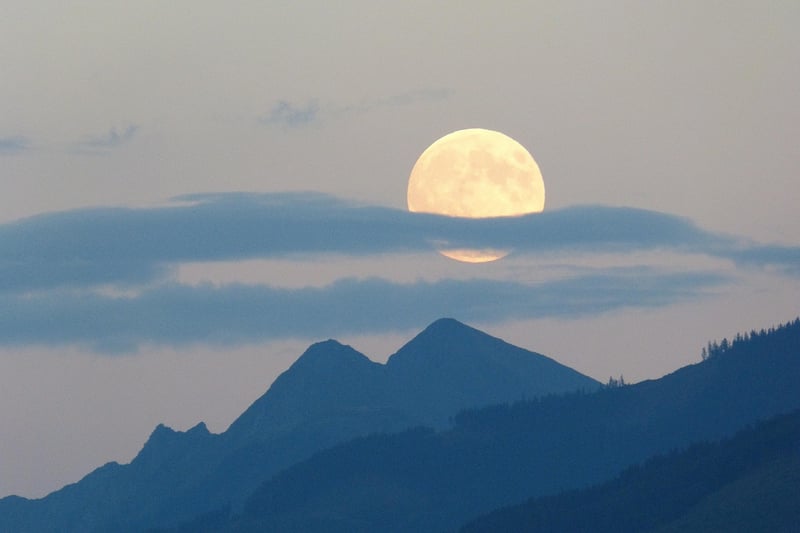Future Exploration
The Evolution of Exploration Through Different Eras
Exploration has been a fundamental part of human history, driving us to discover new lands, cultures, and technologies. Over the centuries, different eras have shaped the way we explore the world around us. Let's dive into the evolution of exploration through various historical periods:
1. Age of Discovery (15th-17th centuries)
The Age of Discovery marked a period of extensive exploration and maritime expansion. Explorers like Christopher Columbus, Vasco da Gama, and Ferdinand Magellan set sail to find new trade routes, leading to the discovery of the Americas, Africa, and Asia.

2. Golden Age of Exploration (19th century)
The 19th century saw a resurgence in exploration with expeditions to the Arctic, Antarctica, and the source of the Nile. Explorers like David Livingstone and Roald Amundsen ventured into uncharted territories, mapping unknown lands and advancing scientific knowledge.

3. Space Age (20th century)
The 20th century marked a new era of exploration with the Space Race between the United States and the Soviet Union. Landmark achievements like the first human on the moon (Neil Armstrong) and the launch of space probes to explore the outer planets revolutionized our understanding of the universe.

Future Exploration
As we look to the future, exploration continues to evolve with a focus on space exploration, deep-sea exploration, and technological advancements. Robotic missions to Mars, the search for extraterrestrial life, and the exploration of Earth's oceans are shaping the next frontier of discovery.
Whether it's uncovering the mysteries of the cosmos or delving into the depths of our oceans, exploration remains an essential part of human curiosity and progress.
Join us as we embark on the journey of endless discovery, pushing the boundaries of what is known and venturing into the unknown.
